Deliflor Latin America finds sustainability extremely important. “For this reason, we promote the growth of the floriculture sector, framed in sustainability, where the generation of economic resources is in accordance with environmental respect,” explains Juan David Lecuona, Commercial Director at Deliflor. “We are aware that our production demands multiple resources, which inevitably generates effects on the environment. Therefore, from the transformation and promotion of our production strategies, as well as the generation of an environmental culture in the company, we investigate, implement, and promote sustainable and responsible technologies with the use and demand of environmental resources.” 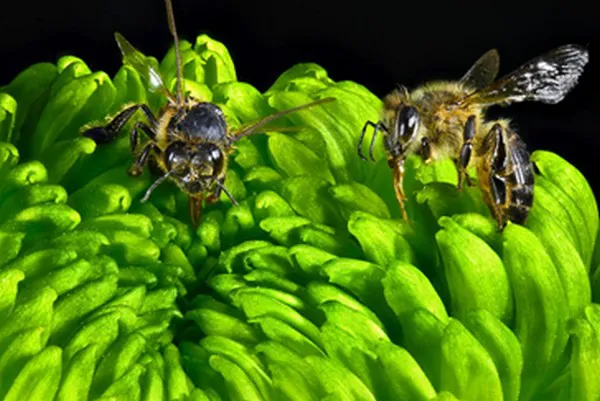
This breeding company obtained the Carbon Neutral certification through the process of verification and certification of the corporate![]() carbon footprint; “We have a Greenhouse Gas (GHG) Reduction Plan, which seeks to analyze the company's annual GHG inventory and, based on the results, propose improvement strategies. Carbon Neutral is a certification that guarantees that, in all processes and activities in which greenhouse gases are generated, opportunities for improvement are identified that lead the company to control, reduce and/or compensate them.”
carbon footprint; “We have a Greenhouse Gas (GHG) Reduction Plan, which seeks to analyze the company's annual GHG inventory and, based on the results, propose improvement strategies. Carbon Neutral is a certification that guarantees that, in all processes and activities in which greenhouse gases are generated, opportunities for improvement are identified that lead the company to control, reduce and/or compensate them.”
Since June 2021, they have offset their corporate carbon footprint by purchasing carbon credits for the removal of 99,321 tCO2e (tons of CO2 equivalent), with the CO2Zero central cordillera forestry project, made up of 39 small producers of rubber crops, cypress, and pine, located in the municipalities of Samaná, Victoria, Manzanares, Marquetalia, and Norcasia in the department of Caldas, and Villahermosa and Fresno in the department of Tolima. “This certification is a voluntary project and does not obey any legal requirement.”
In addition, since January 2020, they are part of BanCO2, where they voluntarily contribute an annual economic amount to projects aimed at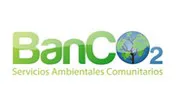 reducing CO2 emissions, through sponsorship of a family in the Sonsón mountain, which will be able to conserve this strategic ecosystem.
reducing CO2 emissions, through sponsorship of a family in the Sonsón mountain, which will be able to conserve this strategic ecosystem.
“We promote initiatives that push greater environmental responsibility. For this reason, we have replaced conventional nets with biodegradable low-density polyethylene nets. Likewise, we replaced conventional polyethylene sleeves with sleeves made with Kraft paper and low-density polyethylene. Both, the nets and the sleeves that we incorporate, have a greater recycling capacity both, through mechanical and chemical processes.”
Water consumption
“We are not unaware that water is an environmental service, but not an exclusive resource for our use, so all of the water consumed in the production processes in Deliflor comes from a reservoir (rainwater).”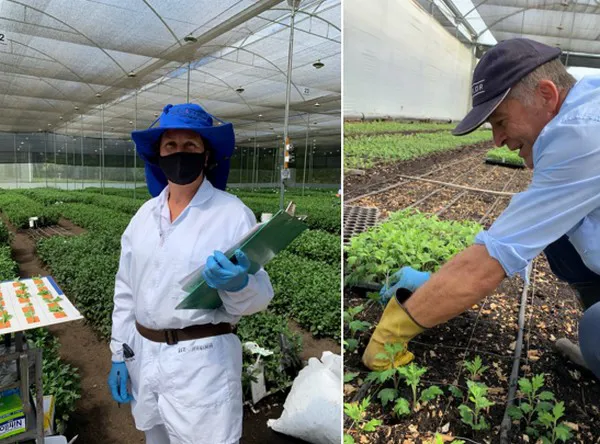
“Besides, in terms of reducing the consumption of energy, we replace 100% of the bulbs with LED lights.” 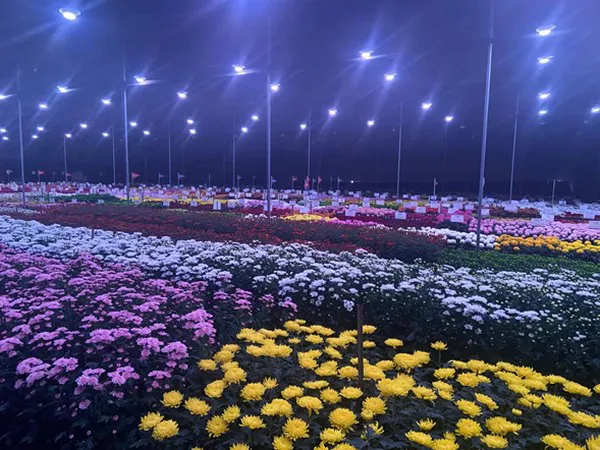
“We set ourselves the objective of minimizing the generation of waste and maximizing its use. Therefore, we carry out and implement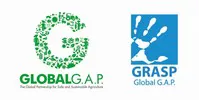 recycling, reuse, and reduction campaigns for single-use plastics.”
recycling, reuse, and reduction campaigns for single-use plastics.”
They are certified for Plant Propagation Material (PPM) by the Global G.A.P. (Good Agronomical Practices) and the voluntary add-on of GLOBAL G.A.P. GRASP (GLOBAL G.A.P. Risk Assessment on Social Practice), which evaluates social practices in the company, in aspects related to the health, safety, and well-being of the worker. “The Global GAP standard guarantees the safety and traceability of our processes, responsibility with the environment (including biodiversity), health, safety and well-being of the worker, animal welfare, Integrated Crop Management (MIC), Integrated Pest Management (IPM), Quality Management Systems (QMS), and Hazard Analysis and Critical Control Points (HACCP). We are audited by SMETA, so we are members of Sedex. SMETA, the Sedex Affiliate Ethical Trading Audit, is one of the most widely used ethics audit formats in the world.”
For more information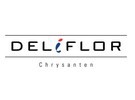
Deliflor
www.deliflor.nl
Sign up for our daily Newsletter and stay up to date with all the latest news!
Subscribe I am already a subscriber